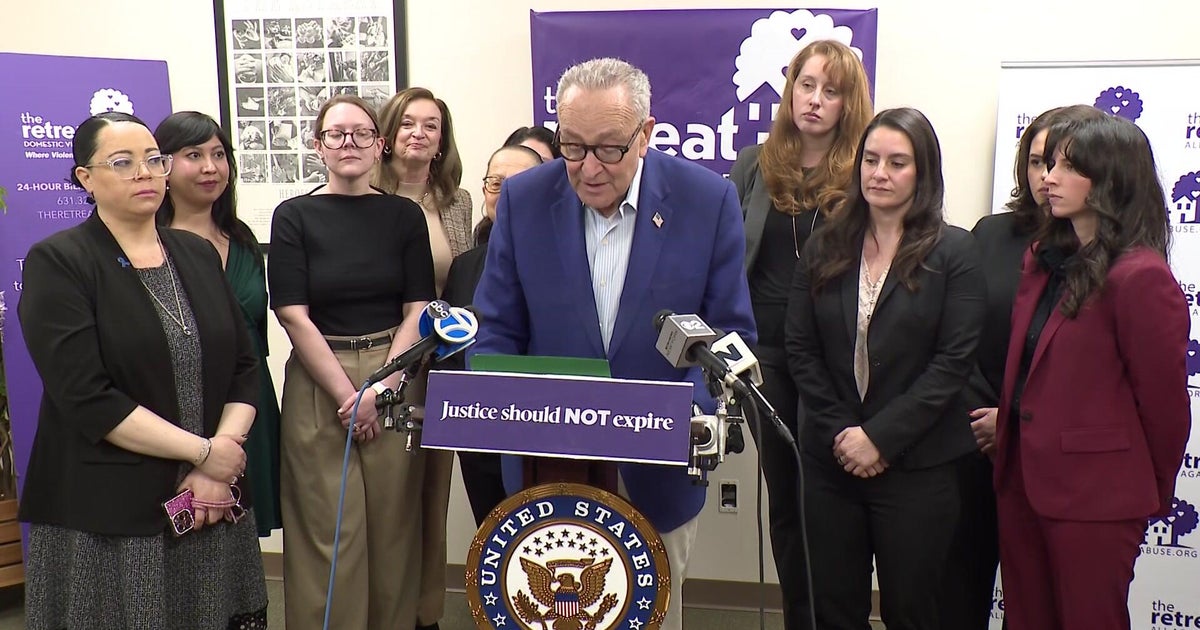Ex-Penn State Trustee Decries Secrecy, Demands Reform
PHILADELPHIA (AP) - Penn State's board of trustees is dominated by a few wealthy and well-connected insiders, demands permanent secrecy, silences dissent and is in dire need of reform, according to a scathing critical essay by a retired trustee seeking to return to the board.
The first installment of a three-part, 3,700-word treatise by Ben Novak, a 1965 Penn State graduate who served as an alumni trustee from 1988 to 2000, was published in the Centre Daily Times newspaper on Sunday. Novak paid for the advertising space to publish the series, which was scheduled to continue in the paper's Monday and Tuesday editions.
Novak said the board of trustees "has offered so little public leadership to the university" in the aftermath of the scandal that erupted two months ago when former assistant football coach Jerry Sandusky was arrested on child molestation charges. Two Penn State administrators were charged with lying to a grand jury and failing to properly report child abuse allegations. All three have denied the accusations.
The scandal led to the ouster of university President Graham Spanier and the firing of venerable football coach Joe Paterno, a decision by the trustees that triggered rioting in downtown State College and produced dozens of criminal charges.
Novak told The Associated Press in a telephone interview that his top priority as a trustee would be to "pass a resolution annulling Joe Paterno's firing and bring him back into the Penn State family."
After that, he would seek to create a more open and equal board by dismantling procedural rules he says stifle dissenting opinions.
"There's always going to be some leaders and some followers, but when people want to speak out, you've got to let them," he said.
The rules of the board put decision-making power in the hands of a select few trustees and the university president and prevent faculty and students from contacting trustees individually, Novak said. After the board acts, the rules also require every trustee to refrain from publicly commenting on the group's decisions without approval of the board chair, he said.
"The simple truth is that it is not simply one bad apple that has brought about the humiliating situation we face," Novak wrote. "Rather, it is the way the board of trustees has structured the whole governance of the university that has made this scandal not only possible but almost inevitable."
Of the 48-member board, Novak said, about 20 trustees are generally kept out of decision-making processes and "receive information about meeting agendas a few days before each meeting and are expected to approve whatever is on them."
Novak said he fell into that group during his 12 years as a trustee.
"I came onto the board thinking that it was a deliberative body such as one reads about in civics books," he said in his essay. "It is not."
A message left for a university spokesman seeking comment wasn't immediately returned.
(© Copyright 2012 The Associated Press. All Rights Reserved. This material may not be published, broadcast, rewritten or redistributed.)
-->







